While most car owners are familiar with their horn’s basic function, many are unaware that horns, like other components, may require professional calibration to maintain optimal performance. Over time, a horn can lose its effectiveness due to wear, environmental factors, or electrical issues. Proper calibration ensures that the horn produces the correct volume and tone, meeting both safety standards and driver expectations. If your horn sounds weak, distorted, or inconsistent, it may be time for a professional check-up and recalibration.
Signs Your Horn May Need Calibration
One of the first signs that your horn might need calibration is a noticeable change in sound. If the horn is suddenly quieter, emits a raspier or distorted sound, or stops functioning intermittently, these could be indicators that the horn’s settings are off. These issues can arise from a variety of factors, such as corroded components, electrical malfunctions, or a misaligned diaphragm. If the sound is no longer loud and clear, professional calibration by the Auto Repair in Port Charlotte, FL can help restore it to its proper specifications.
The Role of Sound Level Checks
Professional mechanics use specific sound level meters to measure the output of the car horn. These meters help verify that the horn produces the correct decibel level as required by safety regulations. In many regions, vehicle horns are legally mandated to reach a certain decibel level to ensure they are loud enough to be heard in traffic or emergencies. If a horn is not reaching the proper sound level, recalibration is necessary. A mechanic will use a calibrated sound meter to test the horn’s output and adjust it accordingly to meet legal and functional standards.
Horn Testing Tools Used by Professionals
Mechanics use a variety of specialized tools to test and calibrate horns. These tools include multimeters to check for electrical continuity, sound level meters to assess volume, and vibration analyzers to detect any distortions in sound quality. The testing process also involves inspecting the horn’s wiring, relay, and any associated circuits to ensure they are working correctly. If the horn is integrated with a vehicle alarm system, additional checks are performed to ensure that both systems are functioning harmoniously.
When to Seek Professional Calibration
If you notice that your horn sounds off, weak, or unreliable, it’s time to consult a professional. A mechanic will perform a thorough inspection, calibrate the horn’s output if necessary, and ensure that all components are in proper working order. While some minor issues can be fixed at home, proper calibration requires specialized tools and expertise to ensure that the horn meets safety standards and performs optimally.
In conclusion, regular horn calibration is important to maintain optimal functionality and safety. Professional calibration checks, including sound level tests and electrical assessments, ensure that your horn performs as intended. If your horn is not sounding as it should, seek professional help to restore its effectiveness.

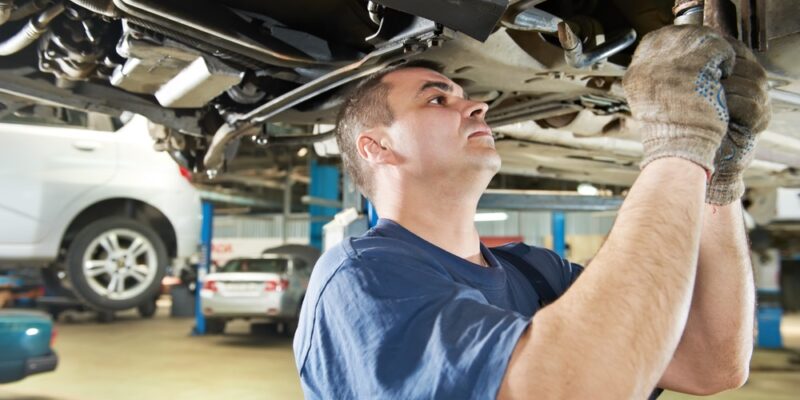
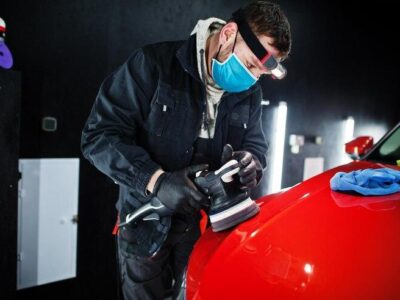
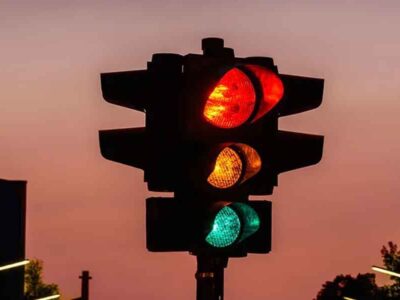
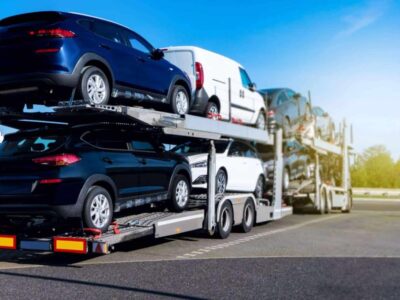
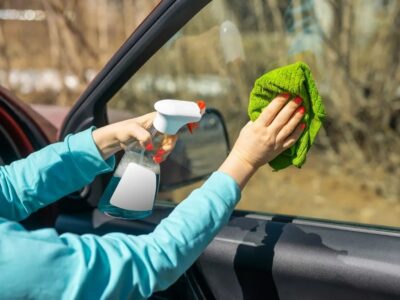


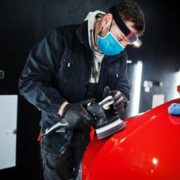
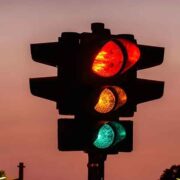
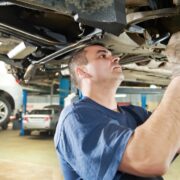


Comments